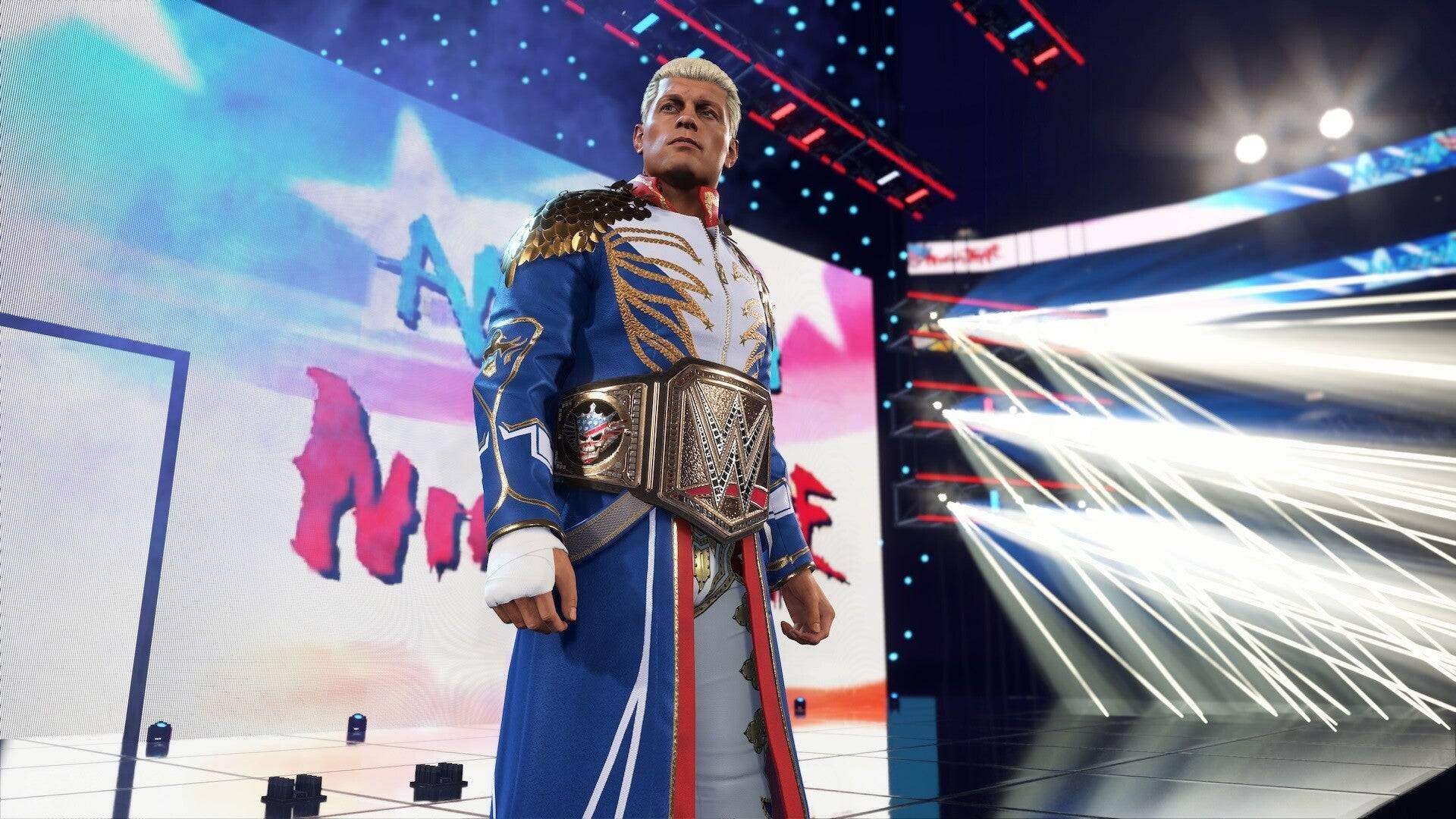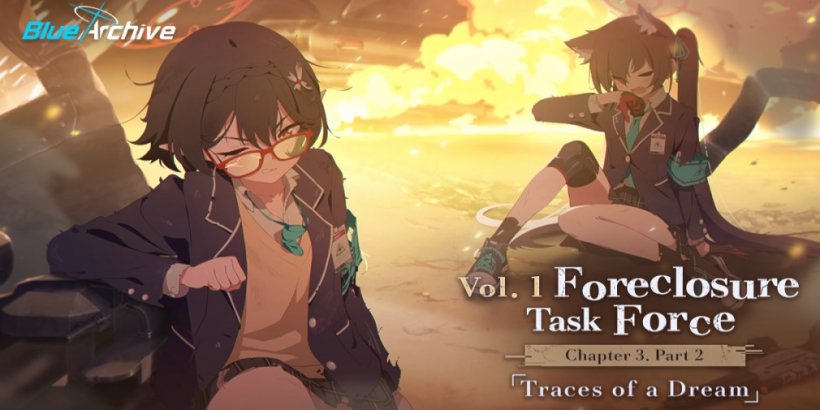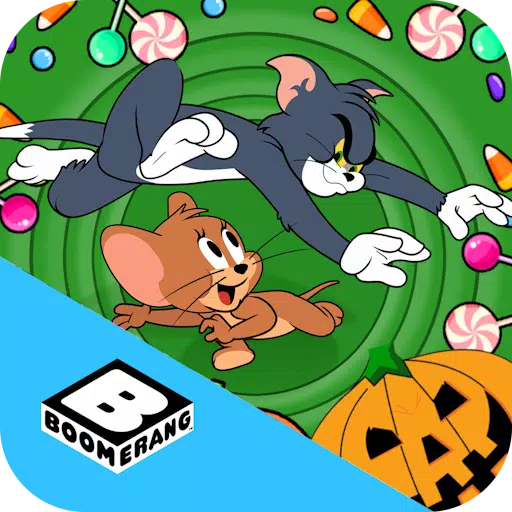Xbox Game Pass: A Double-Edged Sword for Game Sales
Xbox Game Pass, while offering gamers a compelling value proposition, presents a complex scenario for developers and publishers. Industry analysis suggests that Game Pass availability could lead to a significant drop—as much as 80%—in premium game sales, directly impacting developer revenue. This potential revenue loss is acknowledged by Microsoft itself, who have admitted to the service's "cannibalization" effect on game sales.
Despite this acknowledged drawback, Game Pass isn't entirely detrimental. A counterpoint is that Game Pass exposure can actually boost sales on other platforms, like PlayStation. The reasoning is that players may sample games on Game Pass and subsequently purchase them on their preferred console, leading to increased overall sales.
This nuanced perspective on Game Pass's impact was highlighted by video game business journalist Christopher Dring. Dring cited the example of Hellblade 2, suggesting its sales fell short of expectations despite its popularity on Game Pass. This illustrates the potential conflict between Game Pass's reach and traditional sales metrics.
The Pros and Cons of Game Pass
Dring's analysis underscores the dual nature of Game Pass. While the service offers valuable exposure, particularly for indie titles, it also creates a challenging environment for games not included in the subscription. Competition within the Xbox ecosystem is intensified, making it significantly harder for non-Game Pass titles to succeed on the Xbox platform.
The growth trajectory of Game Pass itself has been inconsistent. While the launch of Call of Duty: Black Ops 6 on the service resulted in record-breaking subscriber additions, overall growth has slowed, showing a considerable decline towards the end of 2023. The long-term sustainability of this subscriber growth remains uncertain.
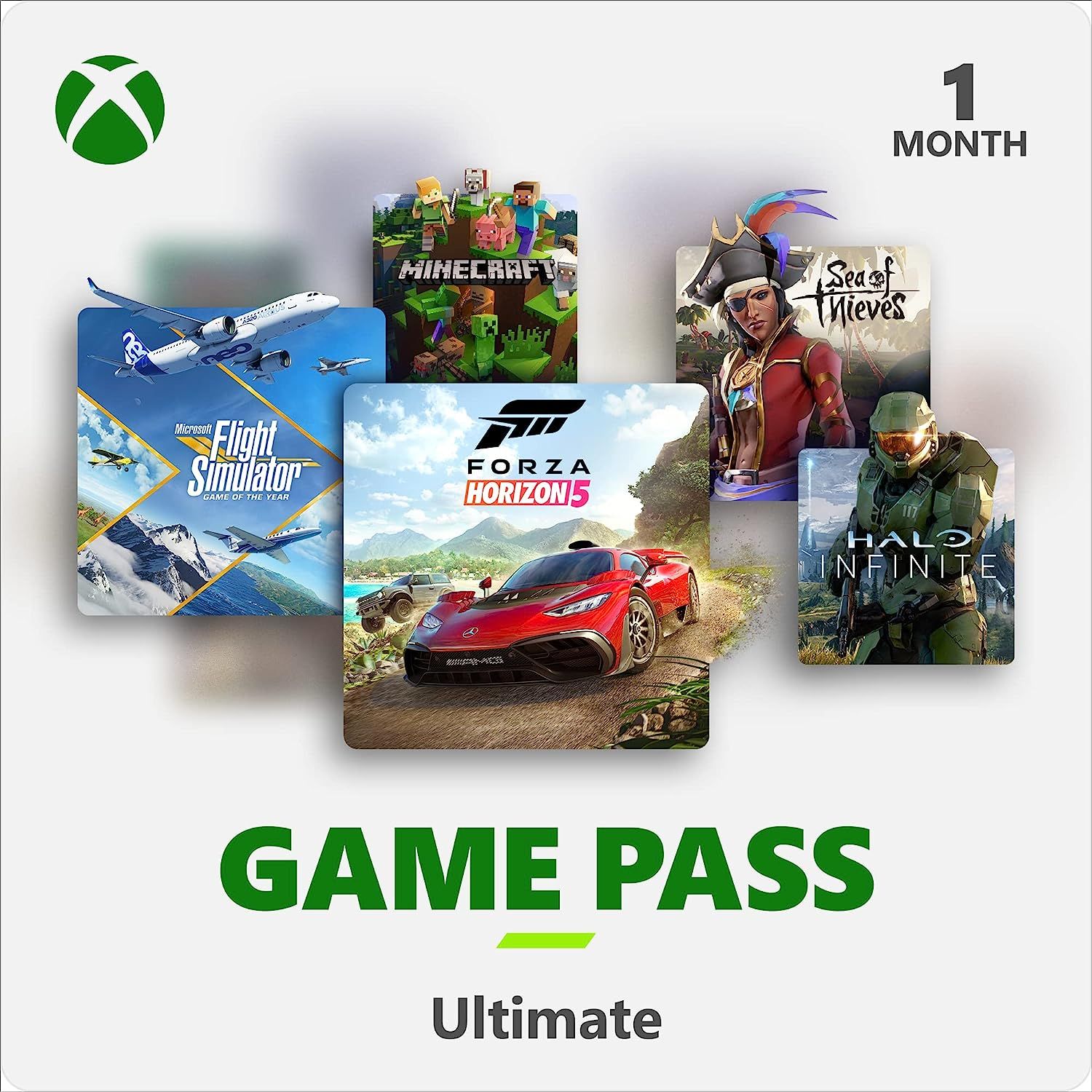 $42 at Amazon $17 at Xbox
$42 at Amazon $17 at Xbox

 En Son İndirilenler
En Son İndirilenler
 Downlaod
Downlaod


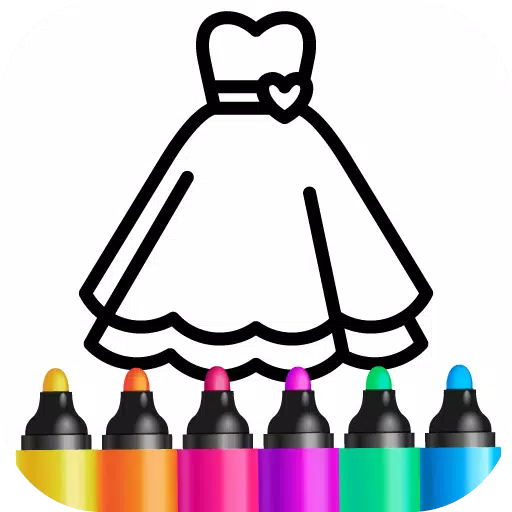

 En Önemli Haberler
En Önemli Haberler